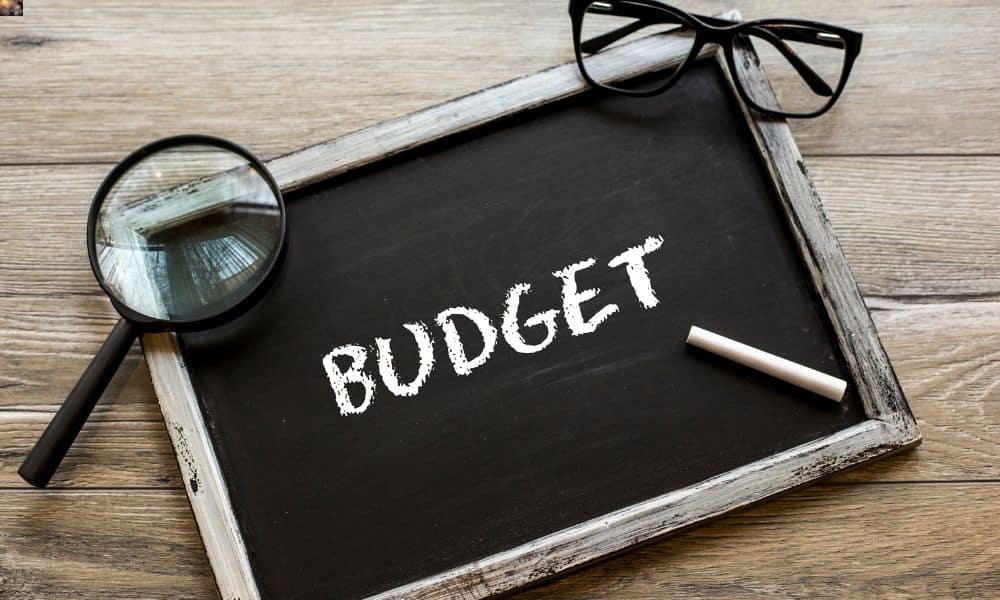Debt is a common part of life; many juggle multiple financial obligations. However, their ability to manage debt effectively and transform their lives is what sets the financially savvy apart. In this article on debt management, we’ll share real-life success stories, delve into the importance of debt management, interest rates, and cash flow, and provide you with options to reduce debt while understanding how much debt is manageable and how to negotiate the financial cost of debt.
Importance of Debt Management
Effective debt management is the key to financial well-being and overall health, including emotional, mental, and physical. Also, it allows you to regain control of your finances, reduce stress, and pave the way for a prosperous future.
Case Study: A Debt Management Success Story
Meet Sarah, a real-life example of debt management success. She drowned in credit card debt, student loans, and car payments. Thus, Sarah could eliminate her debt over a few years by creating a budget, negotiating lower interest rates, and prioritizing debt repayment. Today, she enjoys a debt-free life and a healthier financial outlook.
Understanding Interest Rates and Cash Flow
Interest rates play a crucial role in your debt management strategy. Also, high-interest debt can eat away at your finances. By prioritizing high-interest debts and negotiating lower rates, you can save money and pay off debt more efficiently.
Options for Reducing Debt
- Debt Snowball: Start with the smallest debt and work your way up. As you pay off each debt, you gain momentum and motivation.
- Debt Avalanche: Focus on the debt with the highest interest rate. This method saves you more money in the long run.
- Debt Consolidation: Combining multiple debts into one can simplify your payments and reduce interest rates.
Determining Manageable Debt
Understanding how much debt is manageable requires assessing your financial situation. A standard guideline is the Debt-to-Income (DTI) ratio, ideally below 36%. Thus, this ratio calculates your debt payments as a percentage of your income.
Negotiating the Financial Cost of Debt
Don’t hesitate to negotiate with creditors. Lowering interest rates, negotiating payment terms, or settling for a reduced lump-sum payment can help you take control of your debt.
Conclusion
Debt management is not only possible but also essential for achieving financial prosperity. Real-life success stories like Sarah’s show that you can transform your financial life with the right strategy and determination. Also, prioritizing high-interest debt, understanding cash flow, and utilizing debt reduction options are essential to financial freedom. Remember, managing debt is not just about numbers; it’s about regaining control of your life and securing a brighter, debt-free future.
If you or someone you know is looking to improve your health, share this article on Facebook or Twitter so that others can learn more about self-care.




